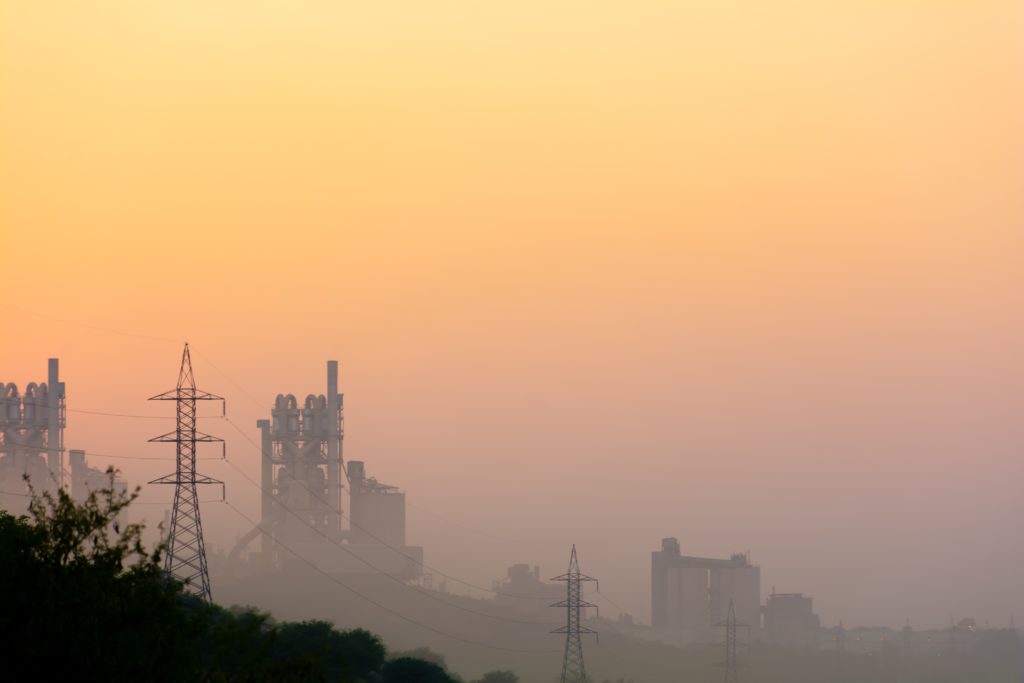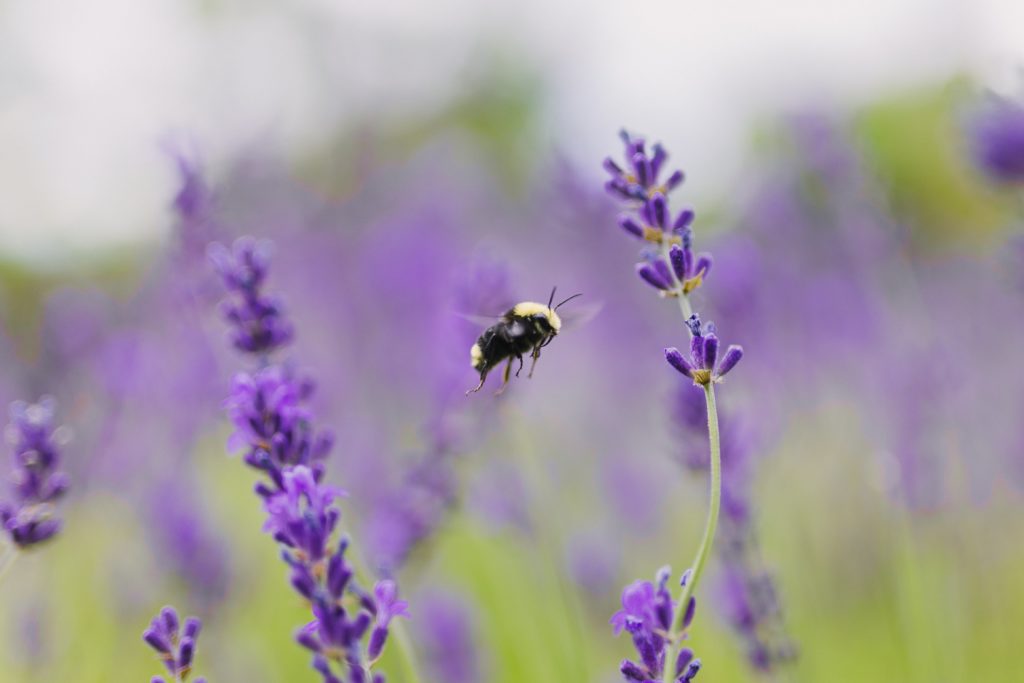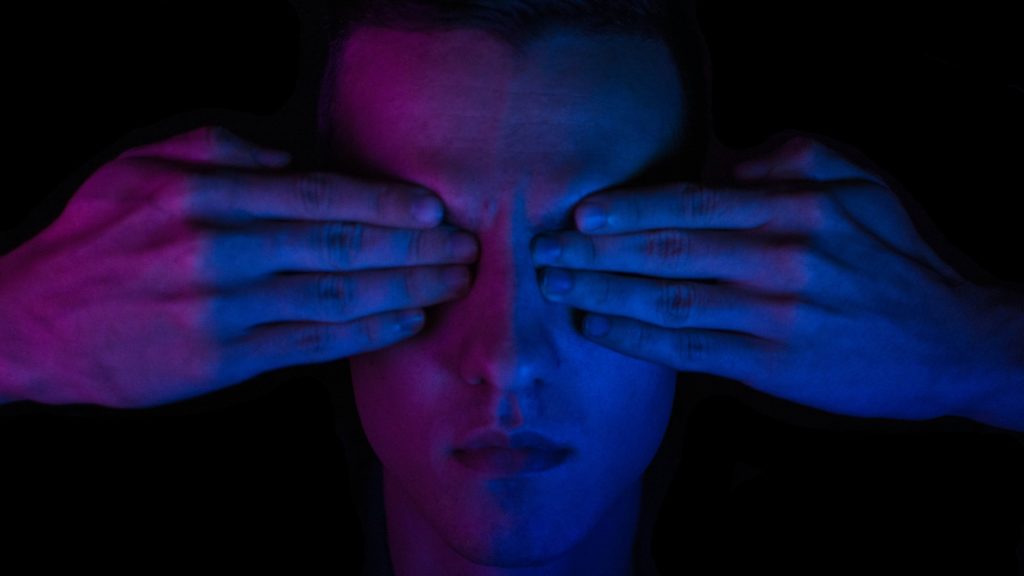
Humanity is heading towards a chaotic future fuelled by our lifestyles of acquisition and waste. If our young people are to inherit a planet they can live on we must change course now.
However as Carl Jung has said “We cannot change anything unless we accept it.”
In my opinion we cannot accept something unless we fully allow ourselves to understand how that thing affects our life. That is the case with Climate Change.
There are still many millions of people in our world who do not understand the rapidly changing environment we are faced with. Many choose not to pay attention to what is happening in spite of all the forest fires, floods, droughts, major storms and so on. What is even worse, people are often so frightened they become immobilised.
We don’t talk about why the climate is changing, or the loss of biodiversity, or the melting glaciers. It is as if these things don’t exist. A survey has shown that two thirds of Americans do not talk about Climate Change. It is better than that in Europe, but not by much.
If we don’t talk, we can’t understand, or learn by example.
If we don’t understand, we can’t accept how bad the situation is.
If we don’t accept that the situation is serious – but there is hope – we will not act.
Mankind needs us to act now
What a difference it could make if each of us talked about the challenges we face. If we talked with our families, friends, and neighbours (in a non-confrontational way) about how they have the power to make a difference, we could inspire many more people to join the fight for a better world.
For me, there are many examples both big and small of how people are blind to the real issues. Recognition of both how bad things are combined with the fact that we can still create a better world could make a significant difference to all our futures.
The Extension of London’s Ultra Low Emission Zone
According to London’s website “Each year air pollution causes thousands of Londoners to die prematurely and develop life-changing illnesses like cancer, lung disease, dementia and asthma.”
The mayor of London has recently decided to significantly extend an existing low emission zone to help save lives. See the detail here.
This has caused a huge political uproar with Local Councillors, Conservative members of Parliament, Local Labour MPs and business people fighting against it in spite of the clear evidence that the current zone has led to a drastic lowering of air pollution.
These zones exist in other parts of the UK and globally and are seen to be effective.
Clearly these zones are valuable but are political “hot potatoes”.
The British Prime Minister Rishi Sunak has recently announced that he is ordering a review of the low-traffic neighbourhoods saying “he was on the side of the motorists”. See this article.
Many politicians think only of the short-term. What the people in these towns need to do is to accept how bad air pollution is for their health and for the environment and to vote accordingly. The more they talk about it among themselves the stronger their response can be.
Pollination

Bees
Another example of where we must accept the need for change is with our bees and all other pollinating insects.
“Bees are critical pollinators: they pollinate 70 of the around 100 crop species that feed 90% of the world. Honey bees are responsible for $30 billion a year in crops.” See detail here.
So, no bees means a lot less food!
We are losing bees (and other pollinators) at a great rate. Climate Change, invasive species and our use of pesticides all contribute to this potentially enormous disaster. Fruit farmers around the world are already hand-pollinating their trees.
Each of us can talk to our friends about the effect of pesticides, for example no longer using Round Up as a pesticide in our garden, and why we are building a bee-friendly environment in the land we have available. With knowledge and personal examples those around us are more likely to accept what is happening and take action.
Another gardening example we can talk about is the use of peat-based compost.
Using peat-based compost for your garden
Peatlands are a unique ecosystem that support biodiversity and serve as carbon sinks, i.e. they soak up carbon from the atmosphere. Peat releases huge amounts of stored carbon dioxide when it is harvested, which adds to greenhouse gas levels and thus, global warming.
Yet we are digging it out the ground at a great rate to make our gardens beautiful. Peat mining is effectively unsustainable – it grows back at just 1mm a year. Without this knowledge it is easy to assume that our one small garden will make no difference.
However, especially in the UK there are alternatives. Tell your friends about them.
Our Pet’s Carbon Footprint

Family Pets
UCLA researchers calculated that meat-eating by dogs and cats creates the equivalent of about 64 million tons of carbon dioxide a year, which has about the same climate impact as a year’s worth of driving from 13.6 million cars.
I think that is a tough one for many of us. Our pets are very precious to us and dogs and cats are not designed to be vegetarians. (They can be, but it is hard to get the balance of nutrients right.) However croquettes are better than all meat, especially beef, for the environment. I am a dog owner, and our beloved pet gets croquettes plus a very little dog meat, not beef, to make his meal interesting and from time to time we make him chicken stew.
I was shocked to learn about my dog having a carbon footprint and it is hard to accept that he (and my choices) are affecting the Amazon Rainforest. I wish somebody had told me before, but now I know the situation I am free to change.
Going for Change
It almost goes without saying nowadays that we need to change our lifestyle. And yet we still fail to talk about it on a big enough scale.
Katherine Hayhoe, an astrophysicist turned climate scientist says in her TED Talk that the number one thing we can do to help tackle Climate Change is to Talk About It.
Talking about it probably doesn’t sound easy but unless we talk we can’t learn what the situation is. If we don’t understand what is going on we can’t accept it and then move on to action.
It is very hard to accept what we are doing to our world, but we have no other choice, we must open our eyes and take action.
Thank you.
We must open our eyes and take action

(Photographs above are all on Unsplash: 1. by Ghulam Ahmad Shahid, 2. by Cole Keister, 3. by Alvan Nee, 4. by Taras Chernus)
